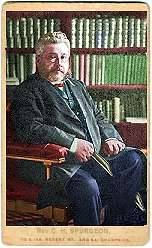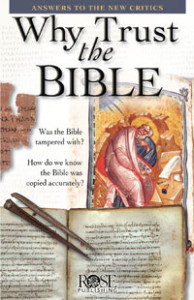 If you could only thank God for one thing, what would it be? Complete the end of this sentence with the first word that comes to mind: “I will give thanks to the Lord because of his (fill in the blank).”
If you could only thank God for one thing, what would it be? Complete the end of this sentence with the first word that comes to mind: “I will give thanks to the Lord because of his (fill in the blank).”
I’m sure you’ll have a long list of words. God is so amazing, we never run out of things for which to praise him. I know what I usually think of first: his love, mercy, grace, compassion and kindness.
But how can I narrow the goodness of God down to just one word? I’m glad our praise vocabulary is filled with a multitude of words to describe the greatness of our God.
In Psalm 7:17, this is what was on David’s mind: “I will give thanks to the Lord because of his righteousness; I will sing praise to the name of the Lord Most High.”
According to the heading, Psalm 7 is a hymn that David “sang to the Lord concerning Cush.” We have no record in the Bible about the specifics of this situation. But the psalm tells us that David was praying for God to “save and deliver me from all who pursue me, or they will tear me like a lion and rip me to pieces” (Psalm 7:1-2).
David wants God to intervene, and he needs his help immediately. Perhaps Cush had made false accusations about David to King Saul, which led to one of Saul’s many attempts to kill David. Or he may have been one of Saul’s officers and was a leader of those who hunted David for long periods of time.
Regardless, David is confident that he is innocent of any wrongdoing that would have justified such relentless and unfair treatment. He makes his case before the Judge of all the earth to act in accordance with his righteousness and stop this travesty of justice from continuing any longer: “O righteous God . . . bring to an end the violence of the wicked. God is a righteous judge, a God who expresses his wrath every day” (Psalm 7:9, 11).
Perhaps you, like David, have been the victim of persecution at the hands of unbelievers. Such treatment varies greatly from country to country around the world. In my homeland (USA), persecution is virtually non-existent in many areas and more severe in others. Certainly, though, our brothers and sisters in nations where Christianity is outlawed and ownership of a Bible is a crime have a far more difficult road to travel.
As I read this psalm I can’t help but think of the persecuted church. Would you please join me in prayer for these saints, that God would do for them what David asked God to do for him: “Arise, O Lord, in your anger; rise up against the rage of my enemies. Awake, my God; decree justice” (Psalm 7:6).
It is possible (if not probable) that God will not make all things right until Judgment Day. Jesus told the apostles, “If they persecuted me, they will persecute you also . . . In fact, a time is coming when anyone who kills you will think he is offering a service to God” (John 15:20; John 16:2). Little has changed in the past 2,000 years.
And may the first verse of this psalm be the source of much comfort to God’s people who suffer from acts of injustice: “O Lord my God, I take refuge in you” (Psalm 7:1).










